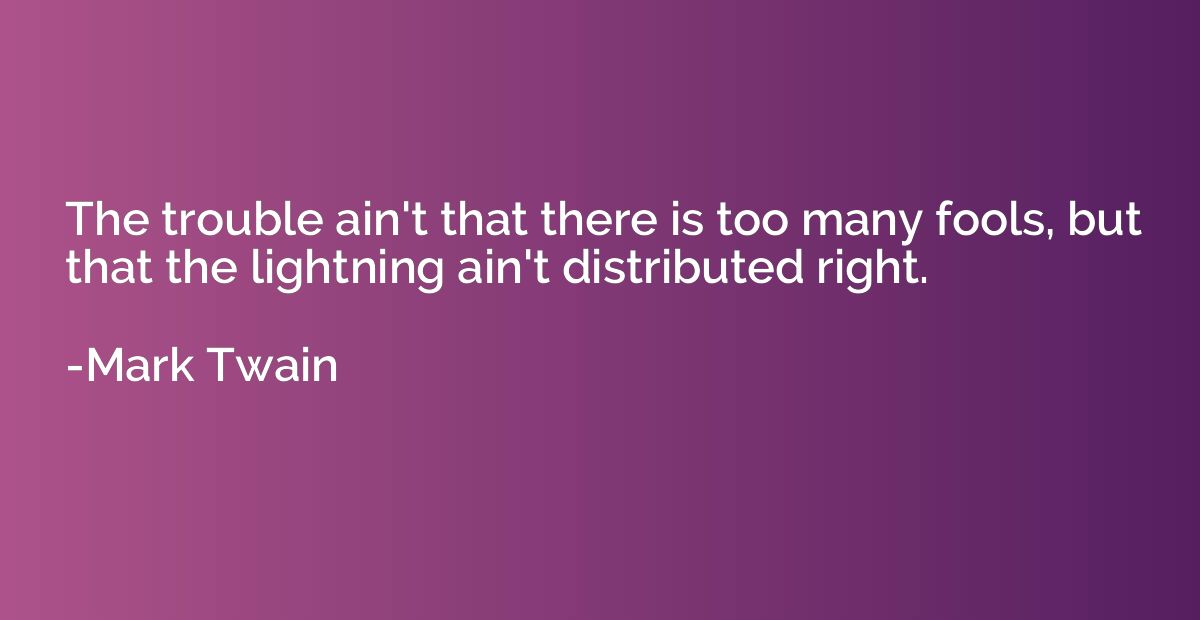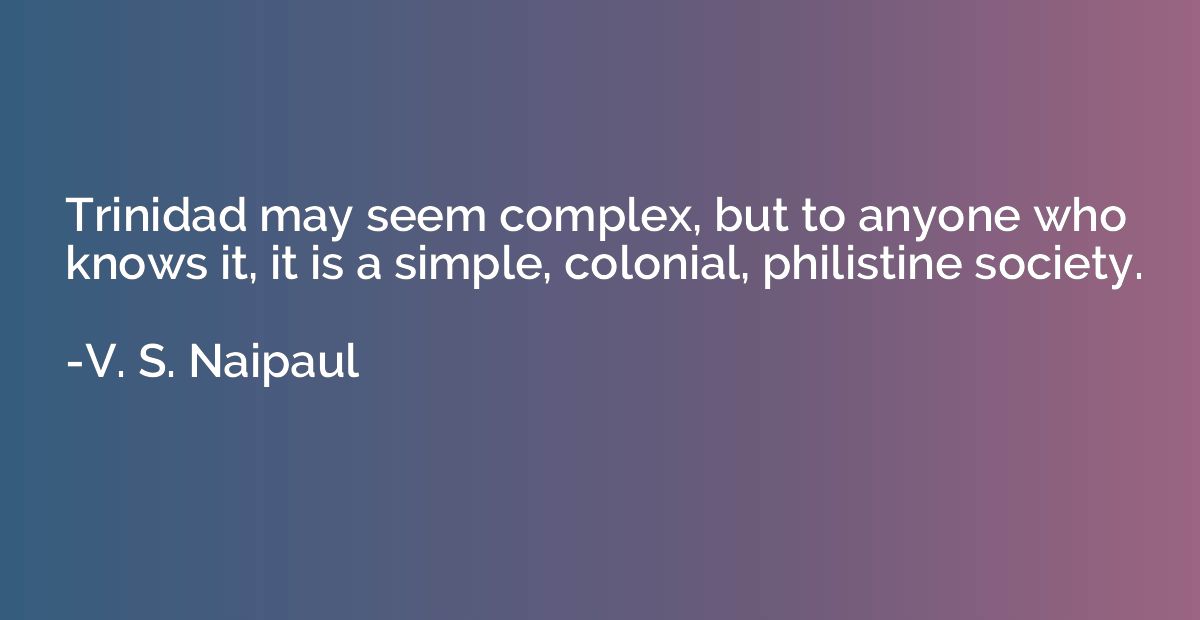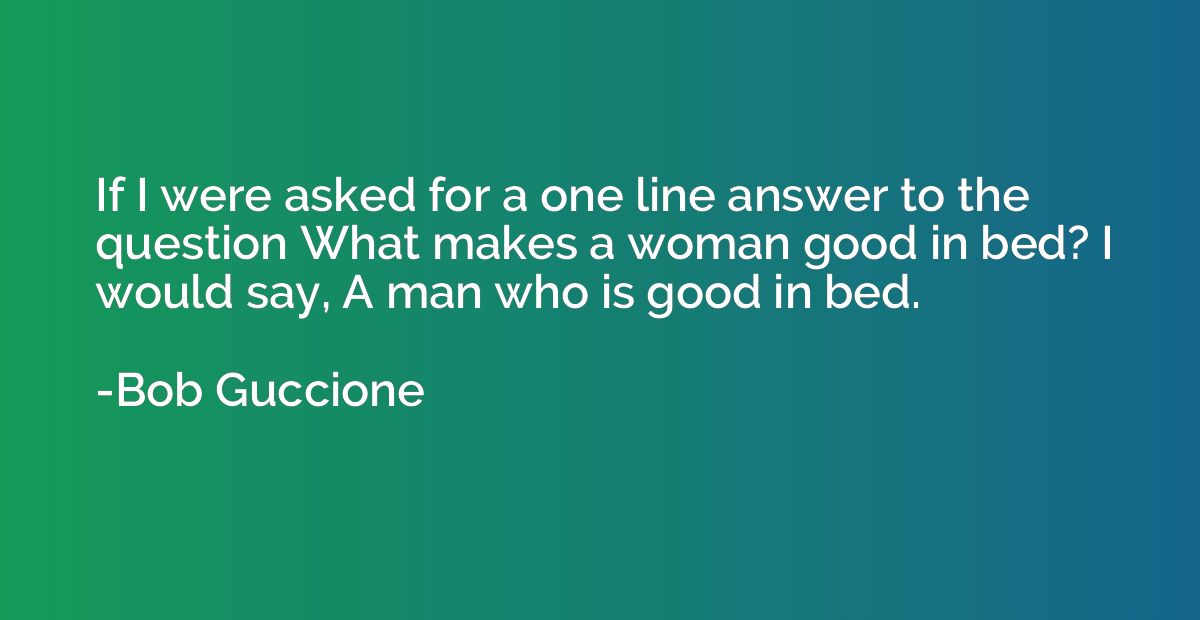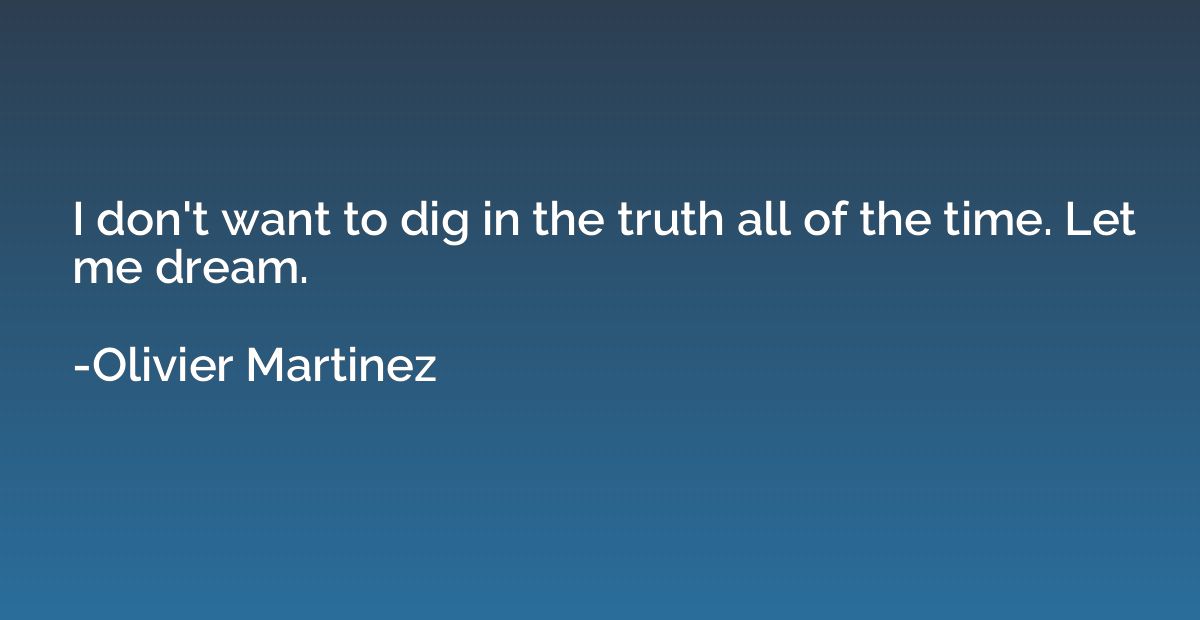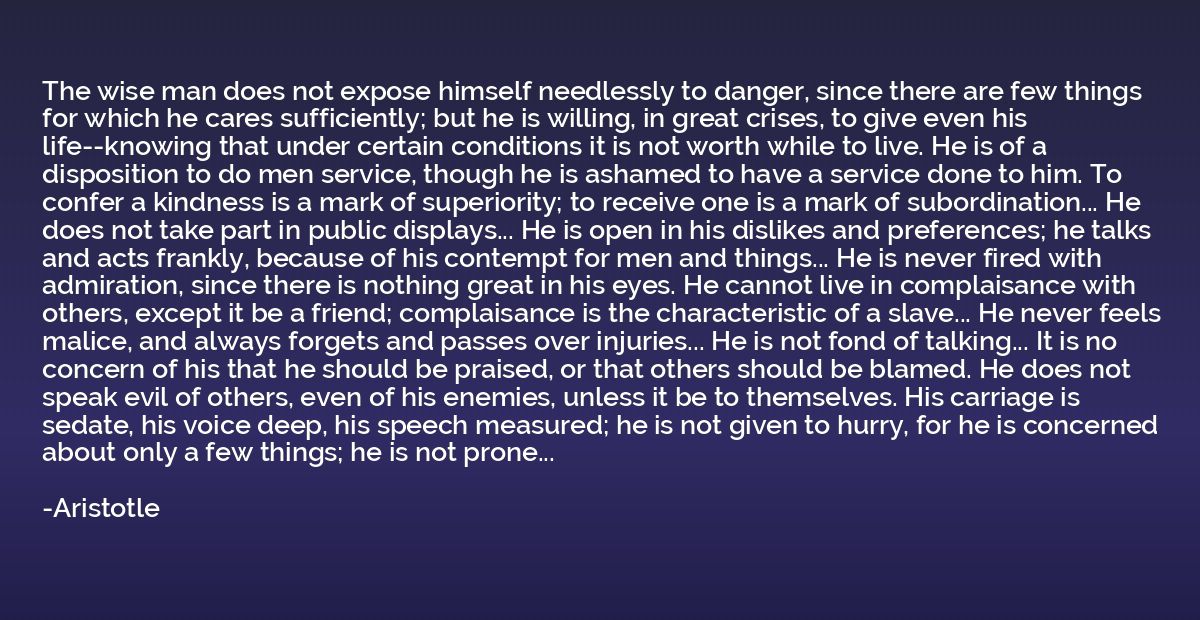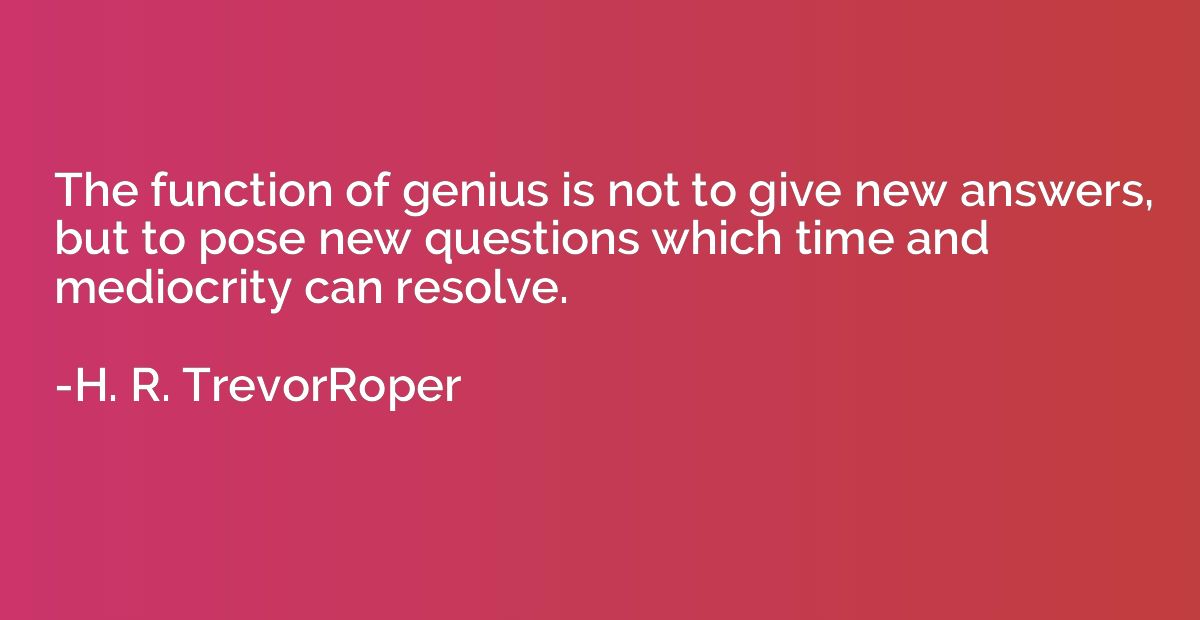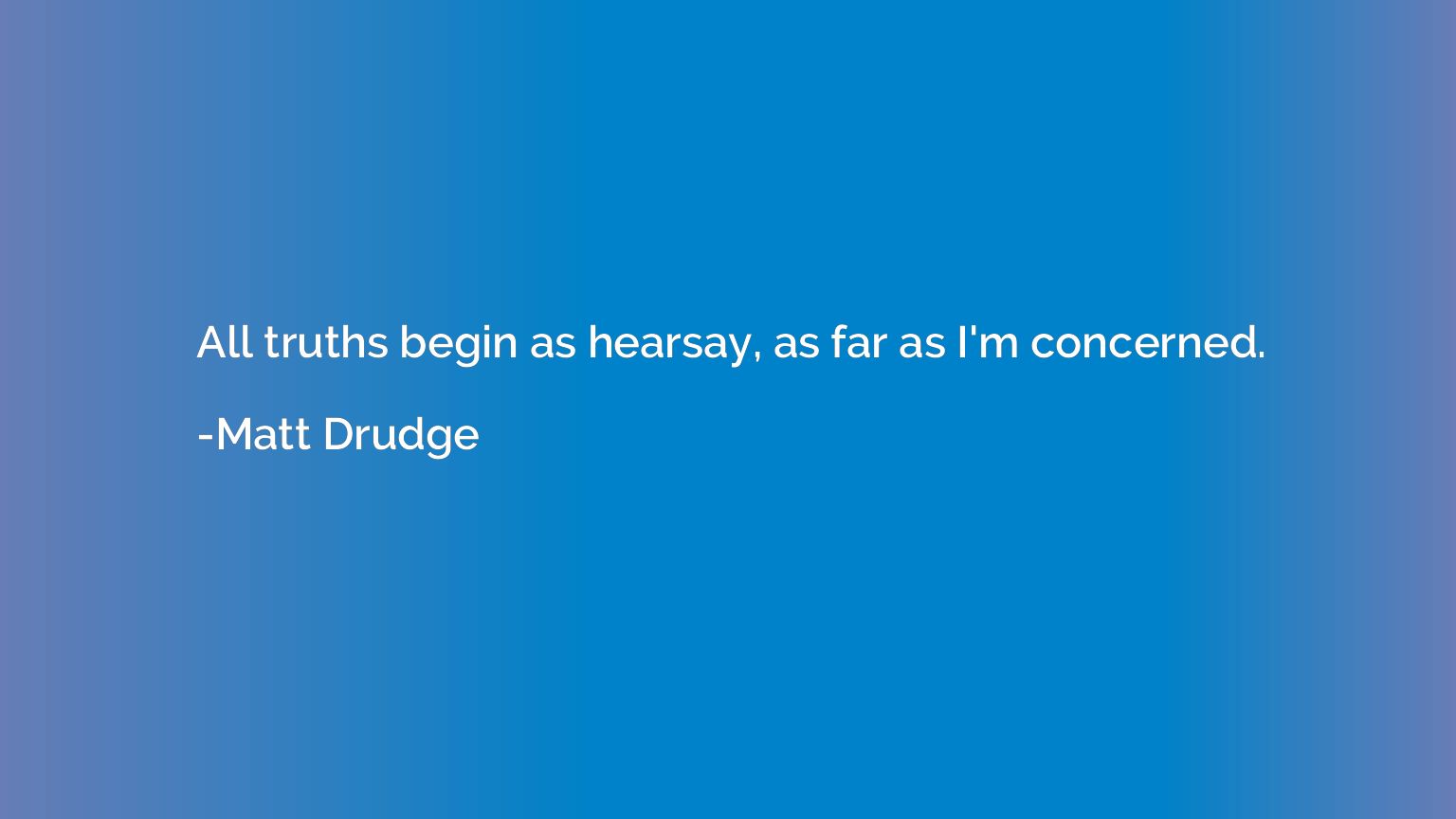Quote by Daniel Nayeri
Do you know what makes someone beautiful? Confidence. You don't have to have this shape eyes or that shape lips. No one seems to be able to decide which shape is best anyway. You can have every kind of blemish. It's confidence that attracts people. That's what everybody's looking for. It's what no potion can really give you. And believe me, Belle, you've got it. You've got it if you want it.
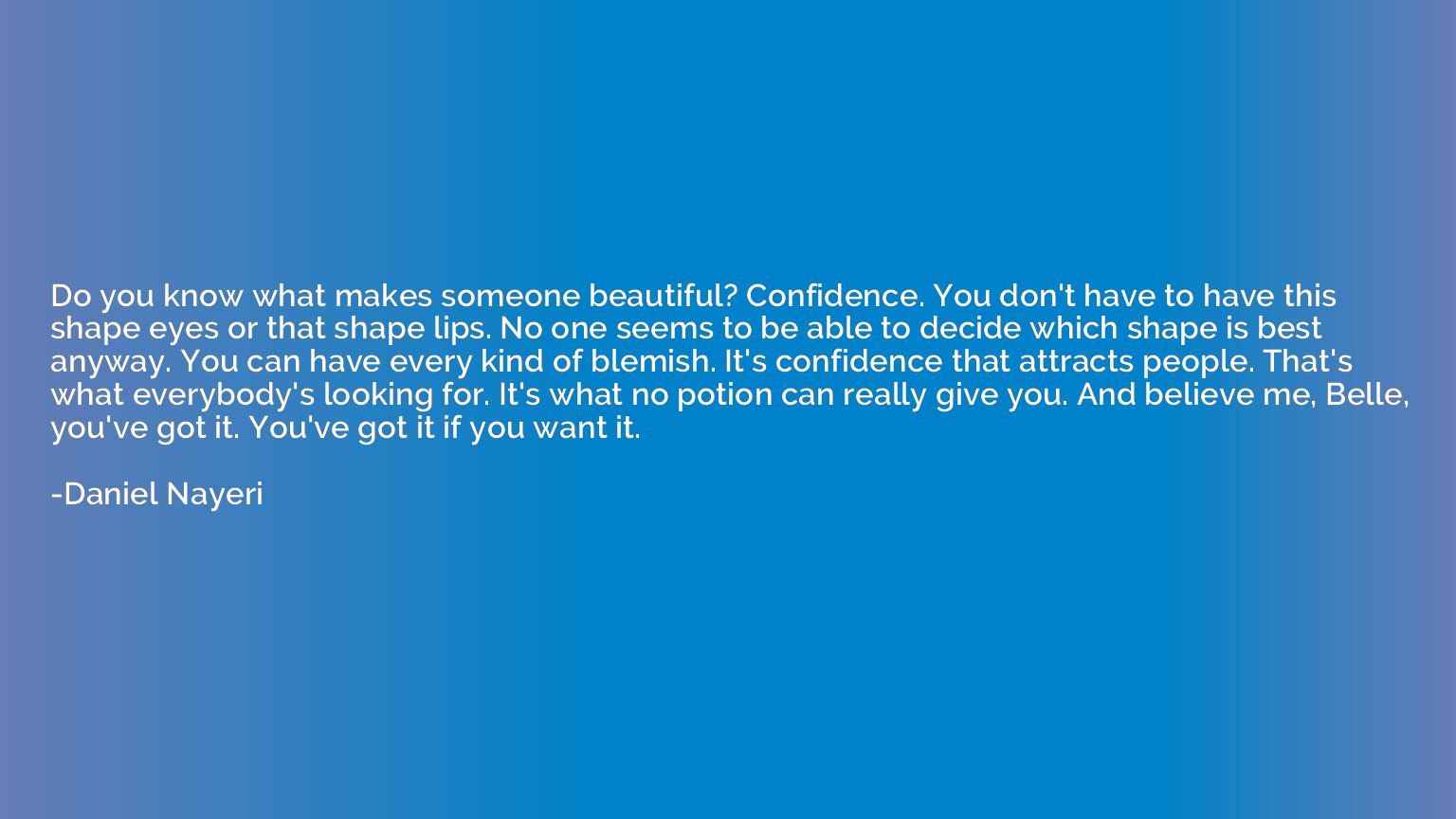
Summary
This quote emphasizes the idea that true beauty lies in confidence rather than physical appearance. It suggests that the shape of one's eyes or lips doesn't determine their beauty since opinions on what is attractive vary. Instead, confidence is highlighted as the key factor that attracts others. The quote also emphasizes that confidence cannot be achieved through external means such as beauty products but rather, it is something that comes from within. The speaker encourages Belle, the subject of the quote, by reminding her that she possesses the kind of confidence that people seek, and she has the power to embrace it if she desires.





